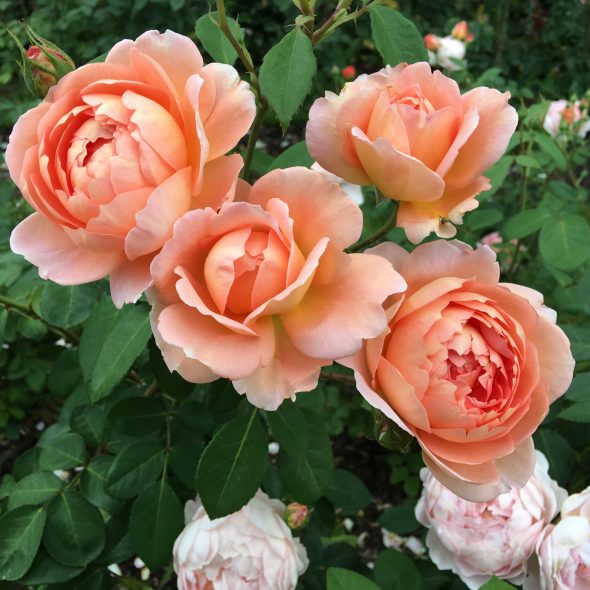
This semester pushed me to think about leadership in a way I never had before. I had my own opinions on what made a good leader before, but I was confronted with new, challenging questions of what I would personally do to lead others, whether that be in an active leadership role or a more symbolic one (i.e. emerging as a role model for others to emulate). Over the course of the semester, I realized that I’ve been developing my personal leadership style for a long time now, even if I’ve only now developed the tools to articulate it better.
As a child, I never saw myself becoming a leader of any kind. I was extraordinarily shy — quite anxious, even — and I didn’t think that I had the strength or charisma to take the reins into my own hands and lead others. I can remember thinking this when I was as young as 5 or 6 years old, and I didn’t think it would ever change. It was only when I entered high school that I began to think a bit differently about the idea of leadership. During my freshman year, my English teacher suggested that I tutor a middle school student who was struggling in the subject. I was hesitant to do so, given that I’d never guided someone academically before, but I accepted, and soon I found that one client turned into two, then three, then four, and so on. By the end of that year, my teacher asked me if I would be a teacher’s assistant, and I ended up doing that for all three remaining years of high school. During that time, I found myself in other leadership roles as well — for example, I became the captain of my school’s quiz bowl team, co-founder and vice president of Social Activism Club, and the Director of Community Outreach for a business club called DECA.
How could someone who was once so afraid of leading others fall into so many leadership roles? It seemed so paradoxical to me, but I soon realized that I felt like I had been called to each of these roles in some way and was passionate about every one of them. I loved tutoring, for example, because I loved it when students would tell me that I helped a tough concept “click” for them in a way no one else had, or that they felt like I really understood their problems and how to solve them. Similarly, I loved being the Director of Community Outreach because I could serve my community both inside and outside of school — one of my accomplishments was spearheading a food and clothing drive that amassed 1,000 pounds of donated goods to be given to a local shelter. I also loved being vice president of Social Activism Club because I could continue to serve my community by organizing information sessions about various social issues or coordinating volunteer efforts at local shelters and food banks. Even though I was a reluctant leader, my passion for each of these areas propelled me to serve as one, not for the sake of my own self-advancement, but to provide something to others. In short, I did these things because I cared, and I found that caring about something could be far more powerful in the long run than simply being charismatic enough to get other people’s attention.
Thus, the concept of “servant leadership” both resonated with me and inspired me to keep pushing myself further as a leader. Although I’m still young and inexperienced in many ways, I want to continue growing as a leader because I know that it can be of use not only to me, but to others around me. The concepts in the book “Radical Candor: Be a Kick-Ass Boss Without Losing Your Humanity” further reinforced this idea for me; being a leader isn’t about losing your humanity in order to boss other people around, but about using that sense of humanity to guide others while acknowledging your own shortcomings and learning how you can manage them.
To be honest, I’m not really sure what my future leadership goals are in a very tangible sense. However, I do know that I want to continue learning as much as possible; not just from experienced professionals in the fields of my interest, but from everyone around me, regardless of age, profession, or any other qualifiers of “experience.” I also know that I want to keep challenging myself to advocate on behalf of others and solve the issues that I see around me and to give others a voice. Instead of thinking about why someone hasn’t solved a problem or filled a role yet, I want to think about how I can do those things and embody the change that I hope to see. It won’t be easy, but I want to try and rise to the challenge, like a flower blooming the sun.

